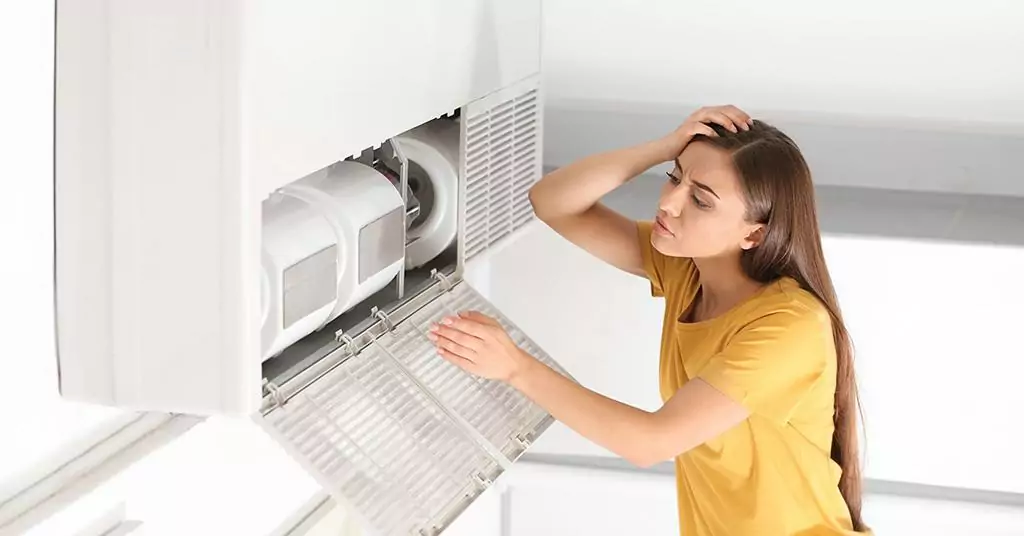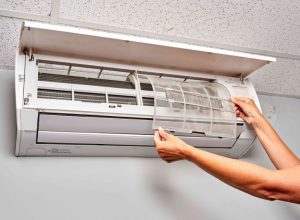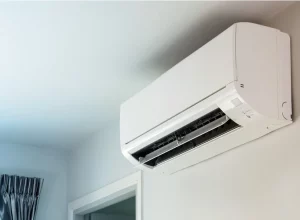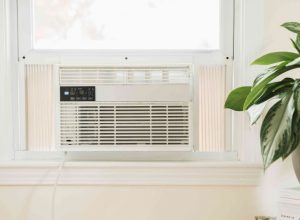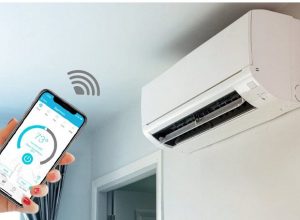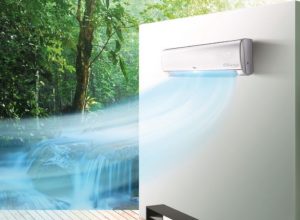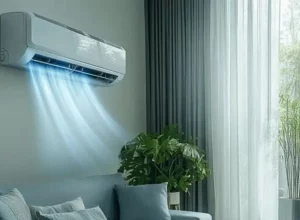Contents
Common Air Conditioner Problems and How to Fix Them
As air conditioning units become an essential part of modern life, understanding their common problems and solutions can save you time, money, and discomfort. Here, we delve into frequent issues faced by air conditioner users and provide actionable remedies for each situation.
Air Conditioner Won’t Turn On
One of the most common complaints among air conditioner users is that their unit simply won’t turn on. This issue can stem from several causes:
- Power Supply Issues: Check the circuit breaker or fuse box. A blown fuse or tripped circuit can prevent the unit from receiving power.
- Thermostat Settings: Ensure the thermostat is set correctly. If it’s set to OFF or in a mode not compatible with cooling, the air conditioner won’t start.
- Faulty Components: A malfunctioning capacitor or wiring issue could also be responsible.
Fix: After checking the power supply and thermostat settings, if the unit still does not turn on, contact a professional technician to inspect the internal components.
Insufficient Cooling
If your air conditioner runs but does not adequately cool your space, the following factors may be at play:
- Dirty Air Filters: Clogged air filters restrict airflow, leading to ineffective cooling.
- Refrigerant Issues: Low refrigerant levels due to leaks can hinder cooling performance.
- Blocked Condenser Coils: Dirt and debris can accumulate on the coils, preventing heat transfer.
Fix: Clean or replace air filters regularly (recommended every 1-3 months). If refrigerant levels are low, a certified technician should recharge the system and fix any leaks.
Strange Noises
Unusual sounds coming from your air conditioner can indicate various issues:
- Banging or Clunking: This may suggest loose or broken parts.
- Squealing: This often indicates belt issues or a failing motor.
- Hissing: This can signal refrigerant leaks.
Fix: For strange noises, it’s advisable to shut down the unit immediately and contact a technician for diagnosis and repair.
Water Leaks
Water pooling around the air conditioning unit can be alarming and may mean a serious problem:
- Clogged Drain Line: Dirt and debris can block the condensate drain line, causing backflow.
- Low Refrigerant Levels: This can cause the coil to freeze and, upon thawing, lead to water leaks.
- Dirty Air Filters: Restricted airflow can also lead to frozen coils.
Fix: Regularly check and clean the drain line. If issues persist, the air conditioner should be inspected by a professional.
Foul Odors
Unpleasant odors emanating from an air conditioning unit can arise from several sources:
- Burning Smell: This can indicate electrical issues or overheated components.
- Mold or Mildew Smell: This often signals moisture issues or dirty filters.
Fix: For burning smells, immediately turn off the unit and seek professional help. To address mold odors, clean or change the filters and ensure proper drainage.
Short Cycling
Short cycling—when the air conditioner turns on and off frequently—can lead to increased energy bills and wear on the unit:
- Oversized Air Conditioner: An oversized unit can lead to frequent cycling.
- Thermostat Issues: A malfunctioning thermostat can misread temperatures.
Fix: If the issue is due to size, consider replacing the unit with one that is appropriately rated for your space. For thermostat issues, recalibrating or replacing the device may be necessary.
Conclusion
By being aware of these common air conditioner problems, homeowners can take proactive measures to maintain their units effectively. Regular servicing, cleaning, and knowing when to call a professional can lead to a more efficient and longer-lasting air conditioning system.
| Problem | Possible Causes | Suggested Fix |
|---|---|---|
| Won’t Turn On | Power supply issues, thermostat settings, faulty components | Check power, reset thermostat, contact a technician |
| Insufficient Cooling | Dirty filters, low refrigerant, blocked coils | Clean/replace filters, schedule refrigerant check |
| Strange Noises | Banging parts, motor issues, refrigerant leaks | Shut down unit, contact technician |
| Water Leaks | Clogged drain line, low refrigerant, dirty filters | Clean drain line, check refrigerant levels |
| Foul Odors | Electrical issues, mold/mildew buildup | Turn off unit, clean filters, seek help for electrical issues |
| Short Cycling | Oversized unit, thermostat malfunction | Replace unit or recalibrate thermostat |
